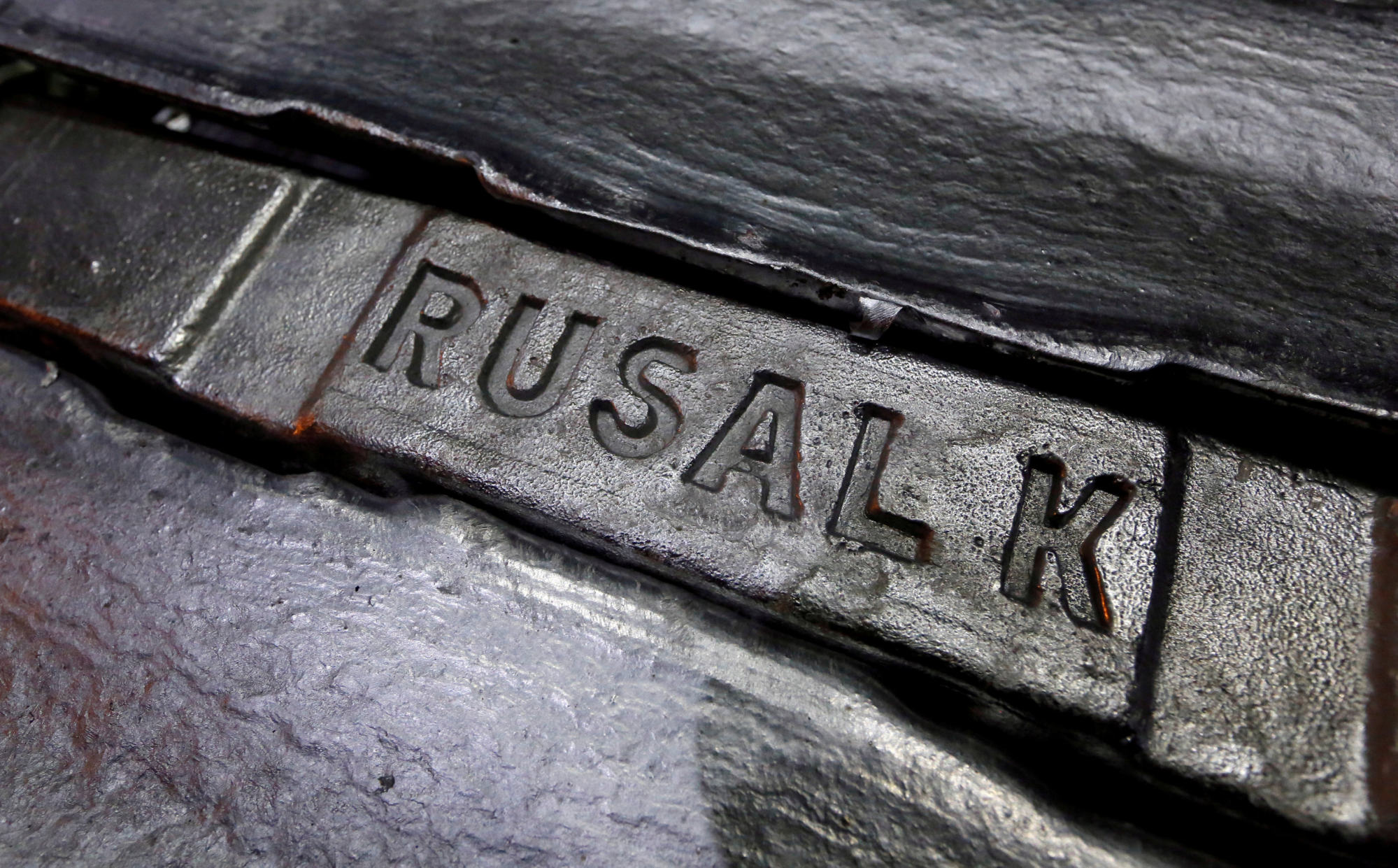
China-Russia relations: economic cooperation provides foundation for thriving strategic partnership
- Political and strategic security concerns are vital, but without well-established economic cooperation, the bilateral strategic partnership can struggle
- Xi Jinping’s visit to Moscow signalled that companies are encouraged to seize the business opportunities the new economic and geopolitical reality has created
In its current form, the China-Russia economic partnership aims to reach the kind of depth, structure and quality in trade and investment interactions that would enable it to have at least a regulating influence – and perhaps a determining one – on the two countries’ approaches to political issues.
The joint statement from Xi and Putin regarding the plan for Chinese-Russian economic cooperation through 2030 also mentions supplies of Russian metals, fertilisers and chemical products, as well as the deepening of the partnership in energy technologies and equipment.
Bilateral trade in agricultural products reached US$7 billion last year, and Russia sees further possibilities to increase grain and meat supplies to China. Accordingly, Xi and Putin agreed to strengthen agricultural cooperation to ensure food security in both countries. This will include a gradual expansion of mutual market access to agricultural products and joint investment projects.
What is the trade, investment relationship between China and Russia?
Although the growth of China-Russia business cooperation faces several constraints – such as the overall size and structure of their national economies, as well as differences in the way their financial systems and banking institutions function – they do not seem to be significant from a strategic perspective.
With trade restrictions coming from Europe, the United States and beyond, more Russian companies are shifting their focus to China, each for their own reason. For example, Russian petrochemical producer Sibur has been gradually expanding its cooperation with China during the past 10 years.

With Russia re-routing its trade and supply chains while China moves to decrease its dependence on the West, bilateral trade and business ties between the two are likely to keep developing in a positive direction, thereby enhancing political and strategic cooperation. Xi’s visit to Moscow was a signal that companies are encouraged to take advantage of the business opportunities the world’s new economic and geopolitical reality has created.
Mikhail Karpov is a PhD candidate of historical sciences at Moscow State University, Institute of Asian and African Studies and an associate professor at the School of Asian Studies, Faculty of World Economy and International Affairs, at the Russian Higher School of Economics

